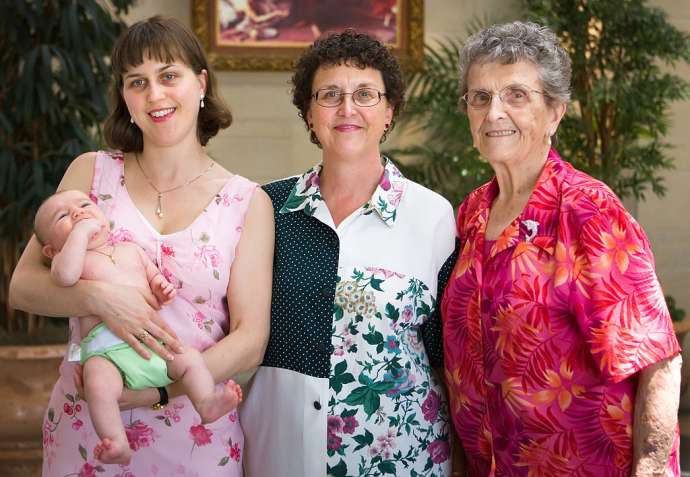STA, 6 March 2020 - Slovenia ranks relatively high on the OECD gender equality scale, but the situation is far from rosy for many Slovenian women. Average monthly pay is nearly EUR 130 lower for women than men, while two thirds of pensioners below the poverty line are women.
Slovenia place eighth on the gender equality scale of the Organisation of Economic Cooperation and Development (OECD), which features 120 countries. The share of discrimination in Slovenia was 12.9%, with discrimination within the family the biggest problem.
The share of women with jobs is higher than elsewhere in the EU, and the pay gap is still one of the narrowest in the bloc. What is more, Slovenia has a high share of female managers, show Statistics Office figures released ahead of International Women's Day.
Women in Slovenia made an average of EUR 1,710 gross per month in 2018, some EUR 130 less than men. Lower pay also affects women's pensions, with data from the Statistics Office showing that women account for two thirds of impoverished pensioners.
Data from the Statistics Office show that an average Slovenian woman is almost 45 years old and is better educated than the average male, but still paid less.
On average, Slovenian women live to the age of 81.6 years, 7.5 years longer than men. The most frequent cause of death is cardiovascular disease. Girls born in 2018 have a life expectancy of 84 years, 5.7 years longer than boys born the same year.
Some 75% of women over the age of 14 in Slovenia are mothers, most have two children. Some 28% of women have a university degree, while the share among men is only 20%. Most women, 50%, have secondary education.
Their education has been improving through generations. Among women who were aged between 60 and 69 on 1 January 2019, most only had primary school or lower, while in the generation of women between 30 and 39 most had higher education.
Physical characteristics data show that an average Slovenian woman is 165 centimetres tall and weighs 68 kilos. 52% are at a normal weight, 30% are overweight and 13% are obese.
Most women exercise about two hours a week and eat fruits and vegetables nearly every day, while more than 80% do not smoke, statistics show.
Moreover, women in Slovenia are generally happy with their lives. In 2018, the Statistics Office self-reported happiness index for women reached 7.3 points out of a possible 10, the highest level ever recorded.
Learn more about women in Slovenia with the follow graphics produced by the Statics Office (SURS), which runs an excellent English website with lots of data to explore.







